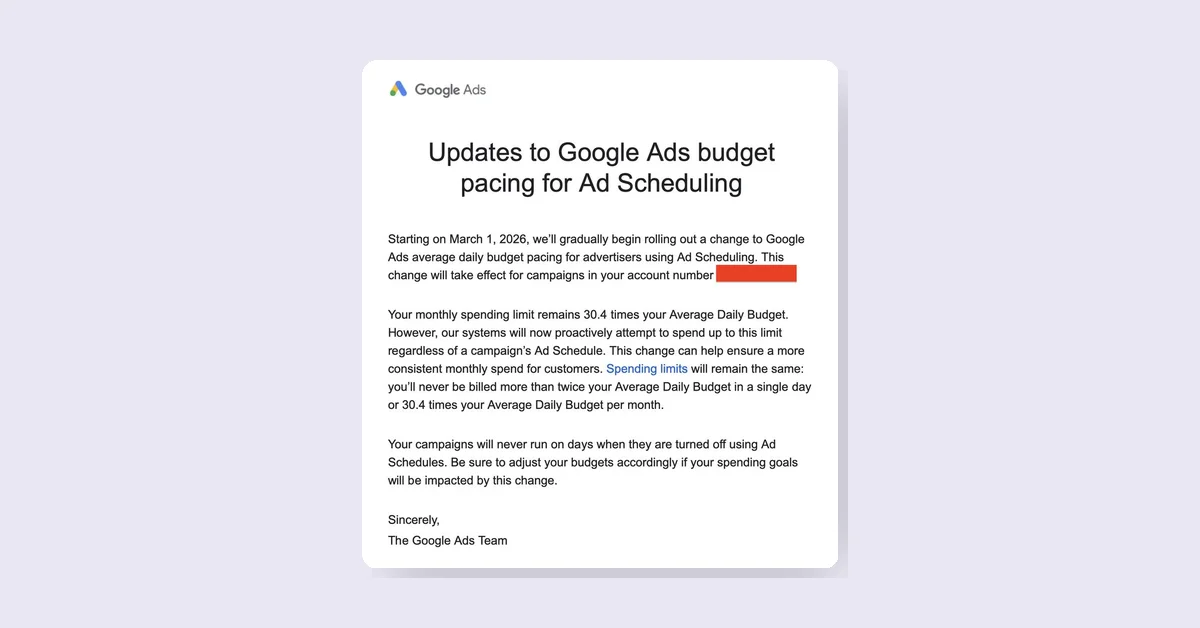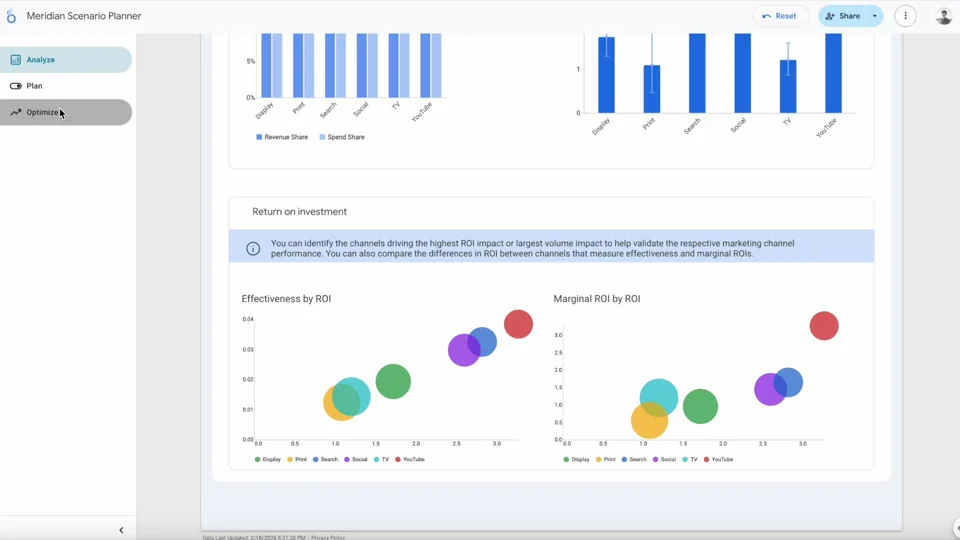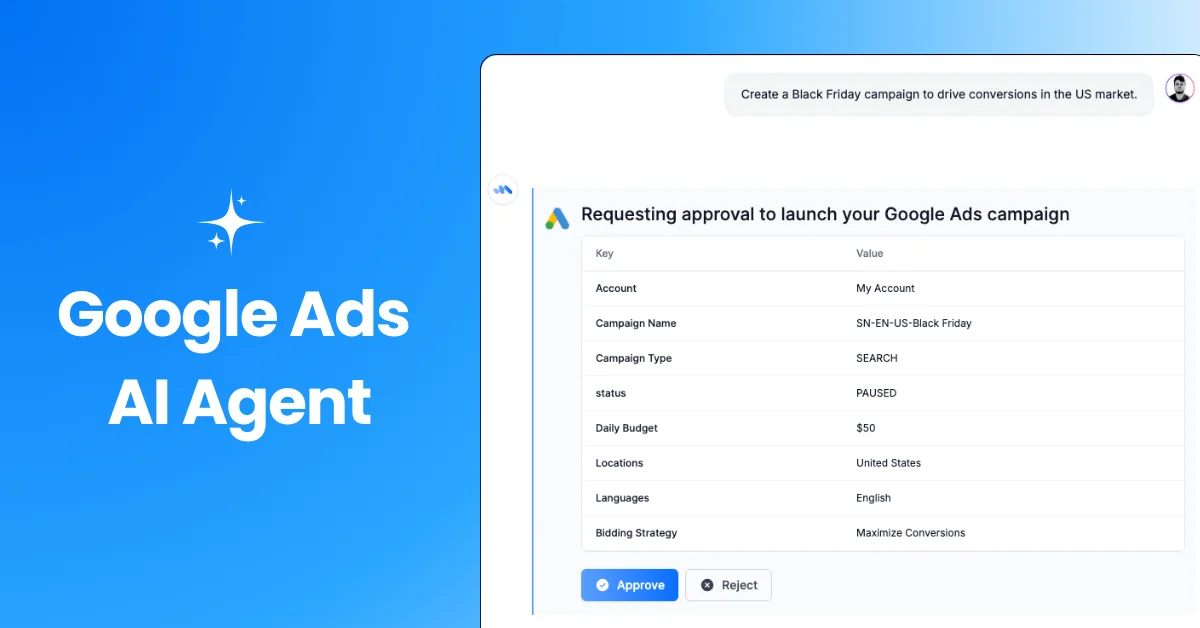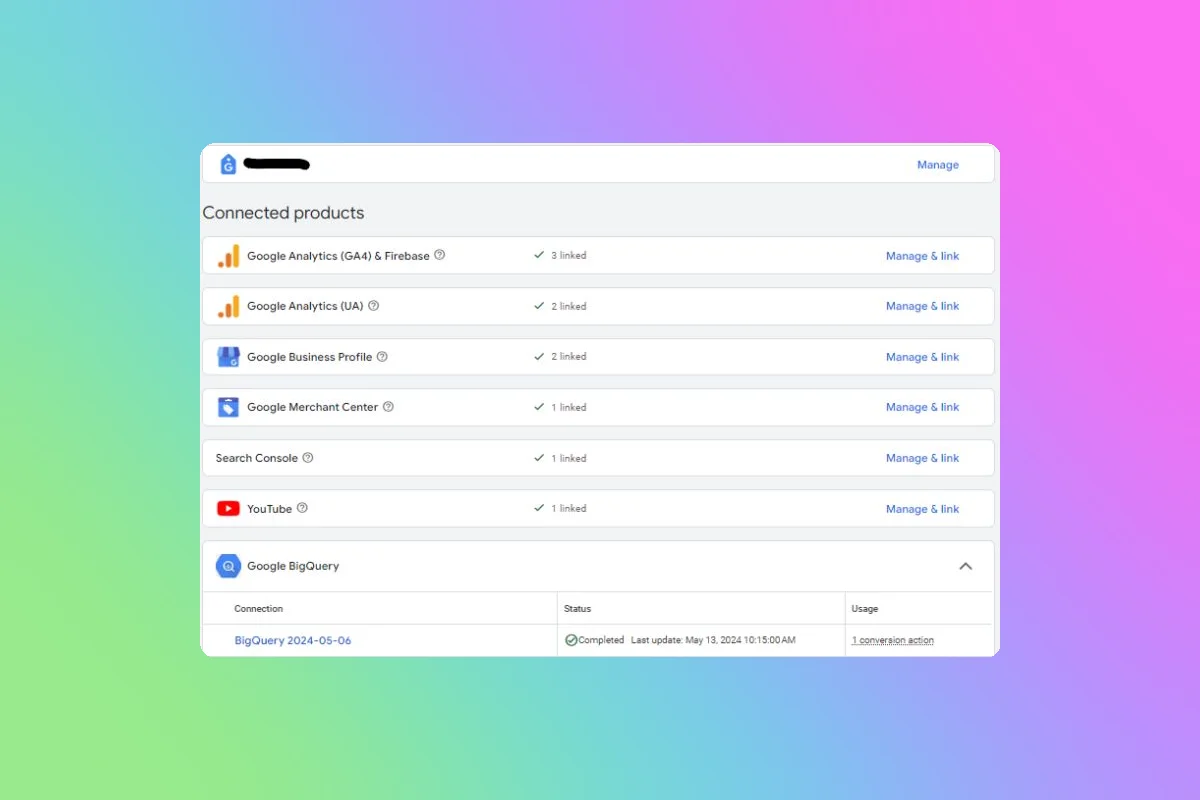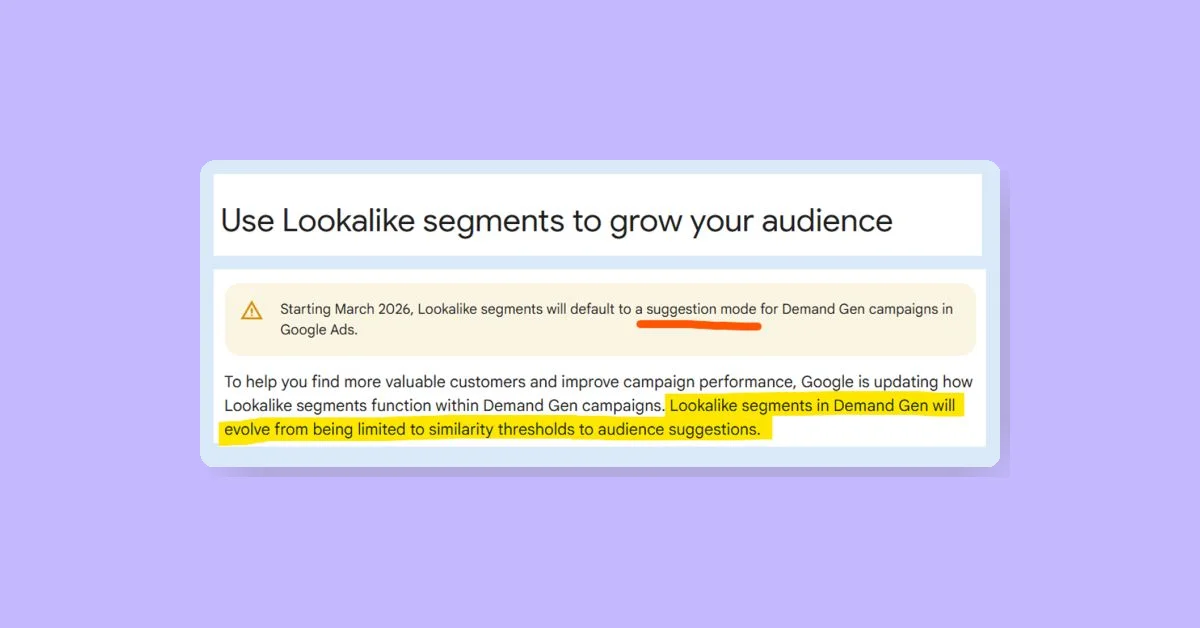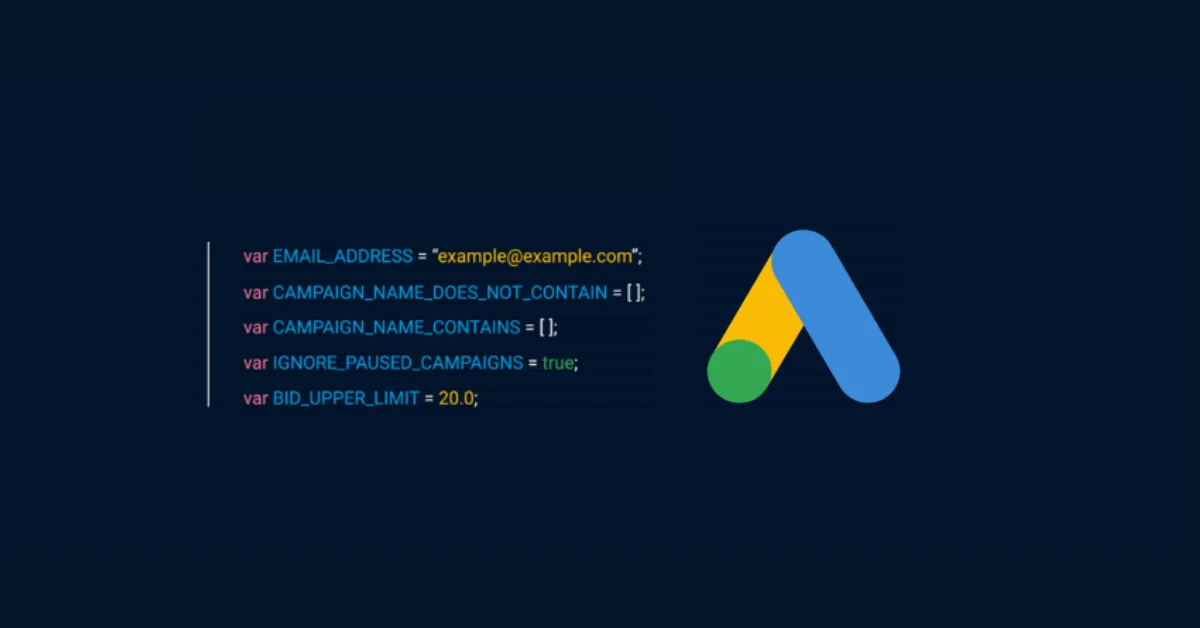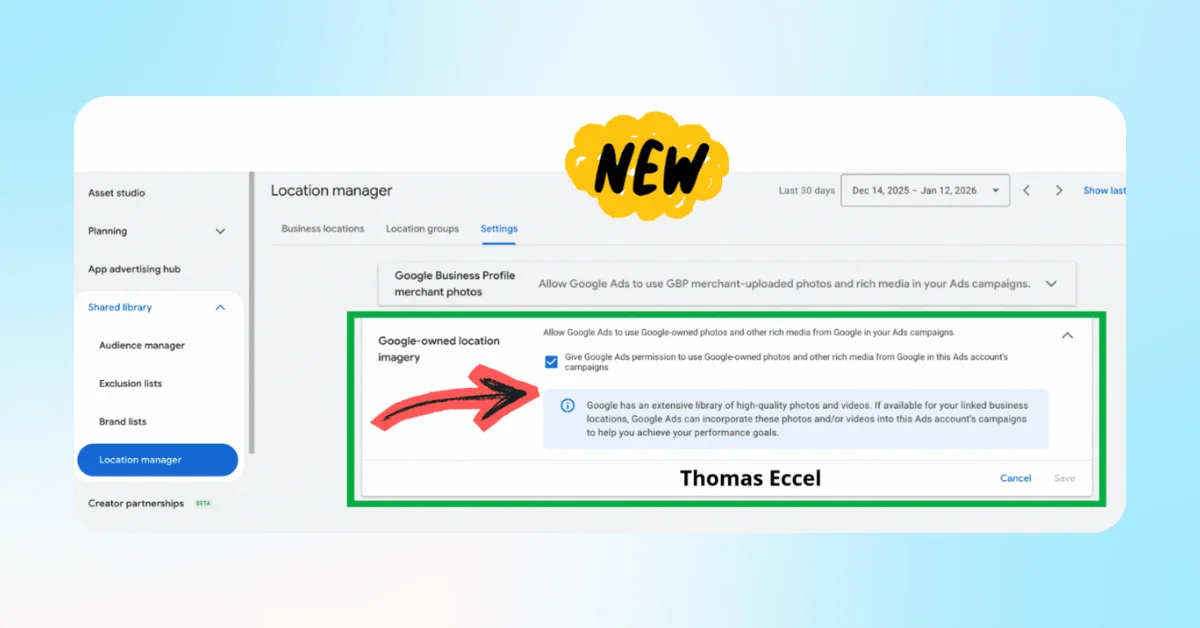Sales representatives from Google have been advising advertisers to target teenagers on YouTube, potentially violating the platform's policies. This activity appears broader than the previously reported collaboration between Google and Meta, which targeted 13- to 17-year-olds by using a group labeled as "unknown." This group likely includes teens, as Google has extensive data to suggest so.
Key Points
- Policy Violation: Google announced in 2021 that it would no longer allow advertisers to target users under 18 based on age, gender, or interests. However, ad buyers have reported that Google reps suggested targeting the "unknown" category, which likely includes teens.
- Unknown Category: This category consists of users whose demographic information is not known to Google, including those not signed in or who have turned off personalized ads. Despite this, Google has data points to suggest many of these users are under 18.
- Advertiser Experiences:
- One buyer, who has been targeting the unknown category for over six months, was shocked to learn it explicitly included teens.
- Another buyer declined Google's offer to target 16-year-olds through the unknown category.
- A third buyer representing an entertainment brand was advised by Google to target the unknown category after threatening to move their ad spend to Meta.
Google's Response
Google maintains that its policies strictly prohibit personalized ads for users under 18 and claims to have technical protections in place. Following these revelations, Google stated it would reinforce its policies with sales representatives to ensure compliance.
The Children's Online Privacy Protection Act (COPPA) prohibits targeting children, and a proposed update to the law could extend this protection to teenagers. One buyer expressed concern that targeting the unknown category could inadvertently include COPPA-protected children.
Conclusion
Despite Google's public stance against targeting minors, internal practices and advice from sales reps suggest otherwise. This discrepancy raises questions about Google's ability to enforce its own policies and the ethical implications of targeting younger audiences.

